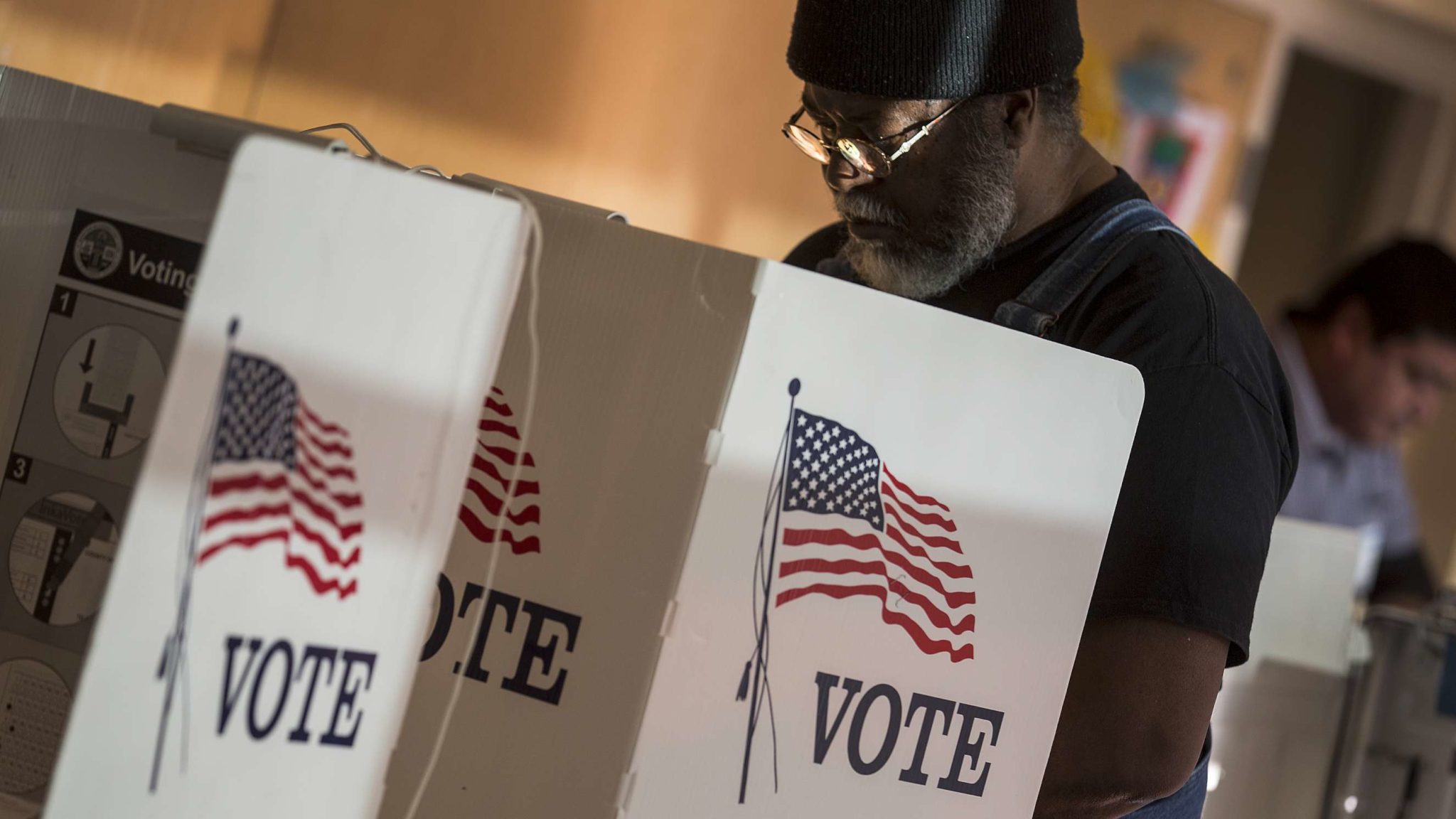Open Meetings & Data Practice Laws
A democratic government is possible only if everyone has access to government information needed to engage their government and hold it accountable.

Public bodies that want to be trusted with our hard-earned tax dollars, the safety of our families, and the general health and well-being of our communities, must be open.
Background
Government is what we do together that we can’t do alone. In Minnesota, open meeting laws and open records laws do not apply to the state legislature. There are two broad types of laws that provide you access to state legislative information:
- those that regulate access to legislative sessions, and
- those that provide access to legislative records.
To get access to legislative information, it is important to first determine whether the information you seek is subject to an open meeting or open records law, legislative session rules, or another law entirely.
The last stages of our legislative session are almost entirely closed to the press and public. Public meetings often are only for votes that are “rubber stamps” of pre-negotiated deals. The bulk of the Legislature is effectively sidelined while the four leaders and the governor work out a “final deal.”
Ultimately all agreements take place between five key individuals:
- The House majority leader
- House minority leader
- Senate majority leader
- Senate minority leader, and
- Governor.
Other legislators:
- are expected to vote with their party caucus on bills over which they’ve had no control, or involvement in shaping the final version,
- are not permitted to amend bills from the floor, and
- may not even have had enough time to read bills before voting.
Then, they go home and answer for these bills and the unintended consequences.
So, what’s the big deal?
- You, the public, have no access to discussions, progress or deals among these key individuals.
- Often, members of respective party caucuses don’t know what deals were made but are quickly called to vote on bills that they’ve either not seen nor read prior to the floor vote.
- Committee hearings are often subject to unexpected schedule changes and there is no public agenda for the hearings.
- To testify about a specific issue or bill, one has to set aside an entire afternoon (and possibly the evening) sitting for hours waiting for a topic to come up. With a public agenda, the public would have some idea of when to appear.
- The variability of schedules and lack of agendas effectively shuts out many of us not employed as lobbyists.
Current Open Meeting Laws Exempt Legislative Branch
Minnesota’s Open Meeting Law is intended to protect Minnesotans’ right to know what is happening in our government. Unfortunately, the law does not include the legislature in its definition of public body found at Minnesota Statutes 13D.01.
Minneso ta Statute 3.055 requires all meetings of the legislature to be open to the public, but this anemic open meeting law does not outline any notice requirements for the legislature. The Minnesota Open Meeting Guide can be found here.
ta Statute 3.055 requires all meetings of the legislature to be open to the public, but this anemic open meeting law does not outline any notice requirements for the legislature. The Minnesota Open Meeting Guide can be found here.
Anyone may bring legal action against a public body they believe has violated the open meetings act. If the court finds a violation, it may assess fines of up to $300 to individual public officers. The court may also award attorney’s fees to the person bringing the complaint, or to the defendant if the court concludes the lawsuit is frivolous. If a public officer is found to have violated the law three times within the same public agency, the judge may remove the officer from office. This provision does not apply to the Minnesota Legislature, however. Once again – they are exempt.
What is possible when we hand power from government to citizens.
Citizens should not underestimate our power as voters and taxpayers. We can increase transparency in the way our legislators conduct our business by applying the Open Meeting Law to the legislative branch.
House File 1065 would make the legislature subject to the Minnesota Data Practices Act and the Open Meeting Law. That would make their correspondence subject to public disclosure requirements, and it would make those closed-door meetings at the end of session illegal.
